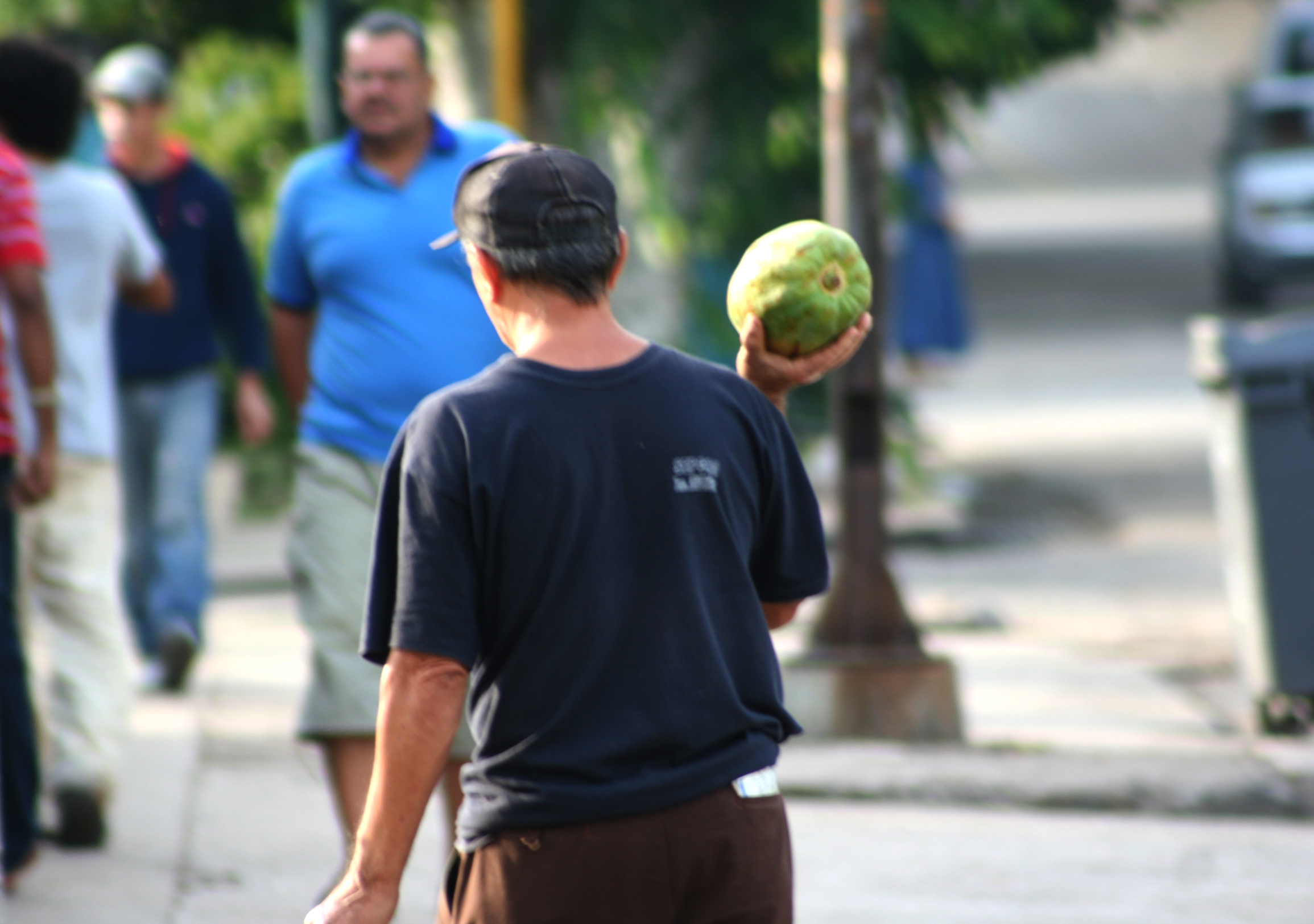To buy food you have to become a ninja, when they take out some chicken the queues are endless and there have been people checking for days, I don’t know how they find out
Juana María Cortina is an accountant for a subsidiary of the Cuban State Trading Company in Guantánamo, she has a 21-year-old daughter and the only salary that comes into the house is hers, which is about 390 CUP in the national currency (CUP – Cuban Pesos). “The outlook for what it takes to live in this country Is bleak,” says Juana, referring to the question of how to buy food.
With the COVID situation, life for Cubans has radically changed, although this state employee affirms that the crisis that the island has been experiencing existed already before the arrival of the pandemic. “Before COVID arrived there was almost nothing in the stores, one miraculous day they brought out some chicken, then it disappeared again, this also happened with the cooking oil, detergent, and personal hygiene products,” she says.

Everything has been getting worse on account of the measures that the government has been announcing, as witnessed by this 48-year-old woman. “To buy food you have to become a ninja, when they take out some chicken the queues are endless and there have been people checking for days, I don’t know how they find out. Agricultural products have had very high prices since they announced that they would raise wages, there was no explanation given about the fact that the vendors and warehouse workers have been putting exorbitant prices on food. On the other hand, meat has pretty much been downright nonexistent, the traditional places where people sold it illegally have disappeared like the 7 Sur, La Línea, 9 Norte, the police are constantly shutting them down.
During the COVID period, the people of Guantanamo, as on the rest of the island, have had the idea of selling their things from home through social networks, but this was met by a response from the authorities. “We were resolving this by selling things on Revolico, the most popular online classified ads, in Guantánamo, but they began to persecute everyone who sold something on Facebook, the police were even pretending to be customers who wanted something and when they arrived at the address to pick up the product that they requested on Facebook Messenger they were waiting there. There are people being locked up for that reason. Repeat offenders and many others received high fines of up to $3,000 Cuban pesos,” describes the accountant.
Juana breaks down a list of the prices [in CUP] of products at the moment that chip away at the salary she earns.
Malanga: $ 25, Sweet Potatoes: $ 12, Yuca: $ 17, Garlic: $ 6 per head, Red Beans: $ 45, Rice: $ 20, Cooking Oil: $ 150 for a large container, a jar of chilies: $ 10, Pork: $ 50, Ham: $ 75, Burro Bananas: $ 5 pound, Plantains: $ 7 a pound.
Personal hygiene products are another headache, she says. Industrial laundry soap: $ 20, store laundry soap: $ 45, store bath soap: $ 35, soap for mopping and cleaning floors: $ 20
Juana states that she has always fulfilled all the tasks of the Revolution, but that she does not give more, she pays for the electricity of the house every month, about $ 70 CUP, for the telephone $ 50 CUP, the water $ 6.60 CUP and $ 12 CUP per year to the Committee for the Defense of the Revolution. “I have had to sell all my clothes, as well as my shoes, just to survive. My daughter stopped studying because there is no future and work is simply not worth it, everything is miserable,” she concludes.

Leave a comment